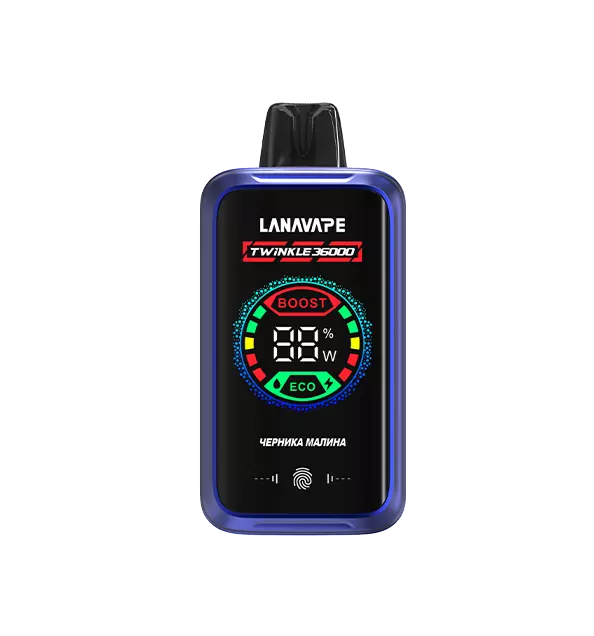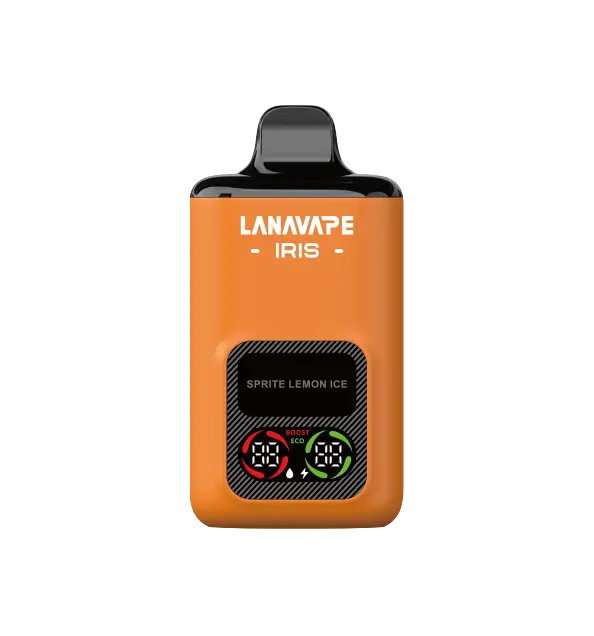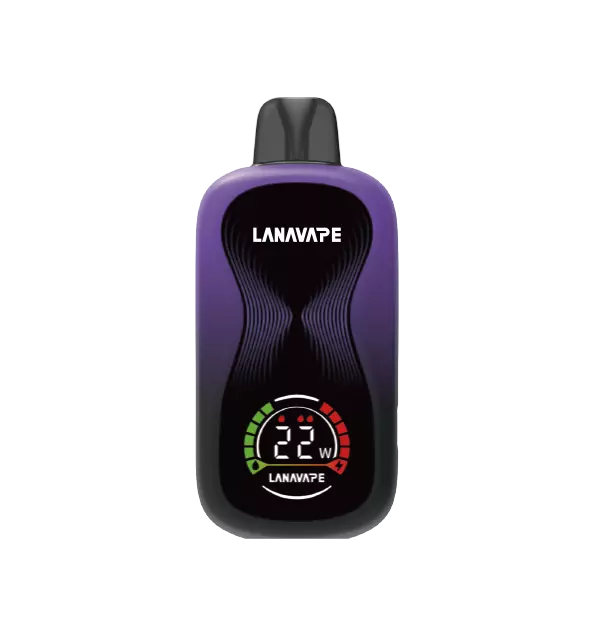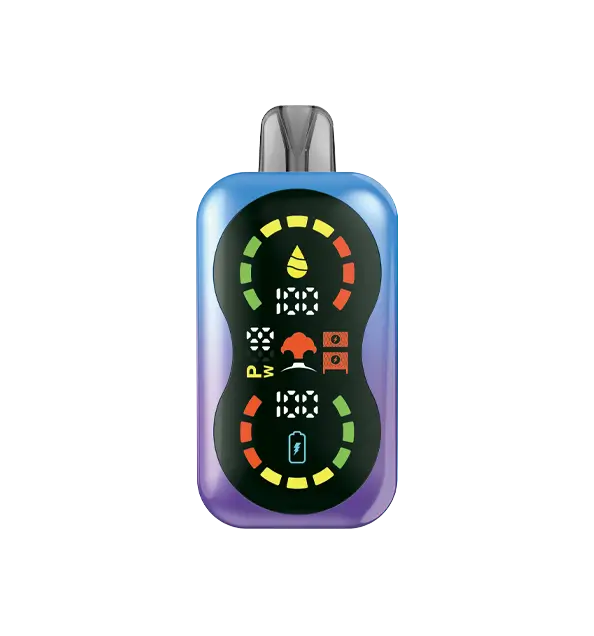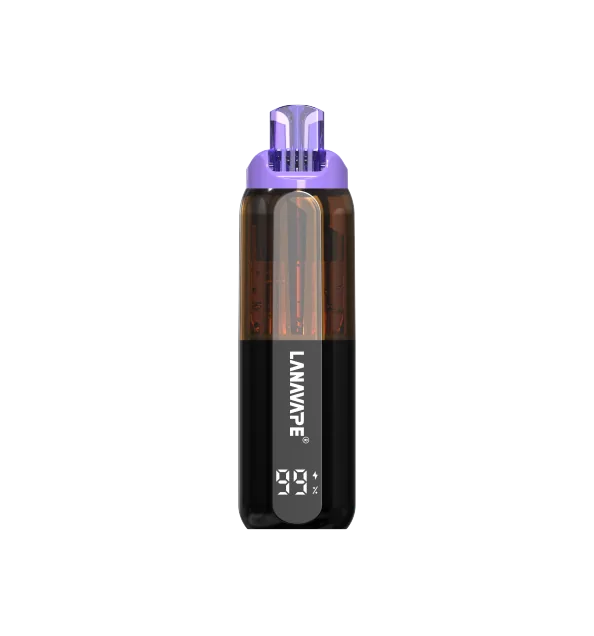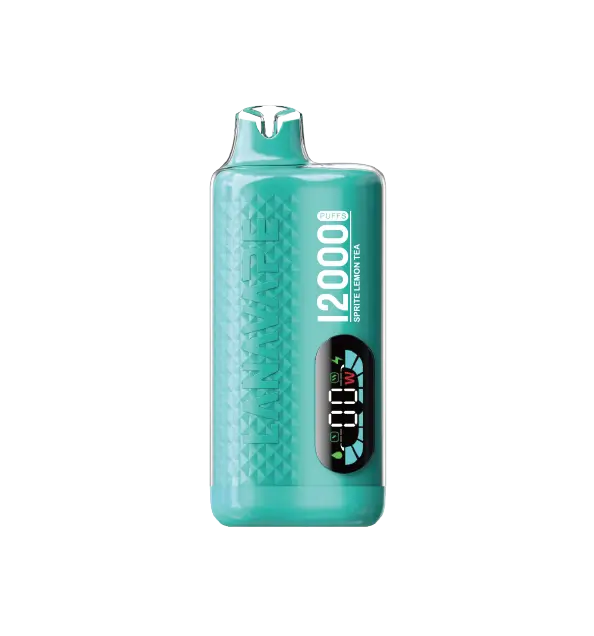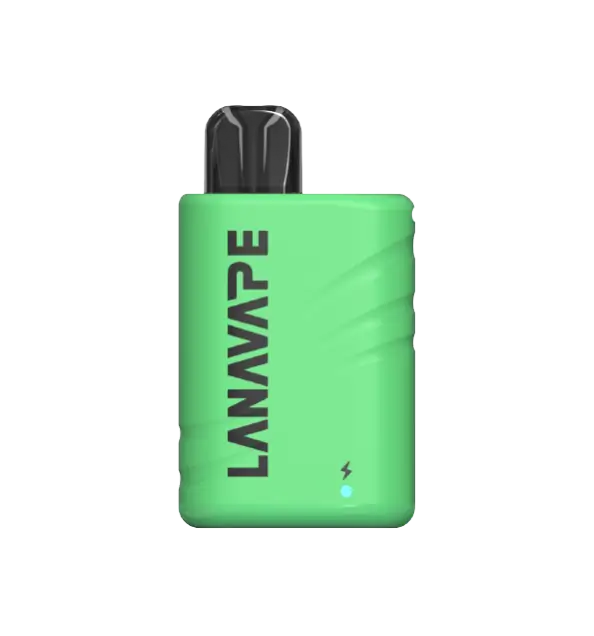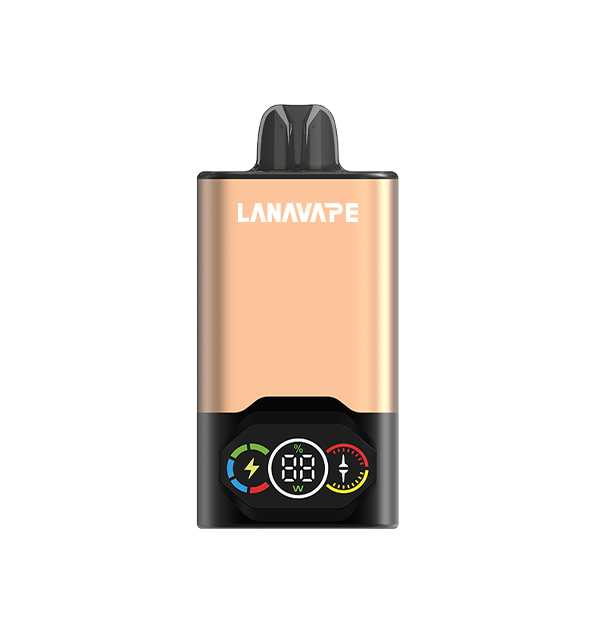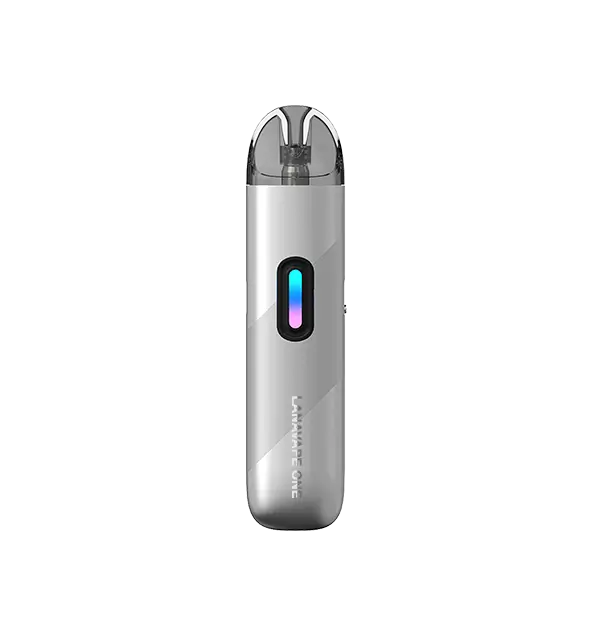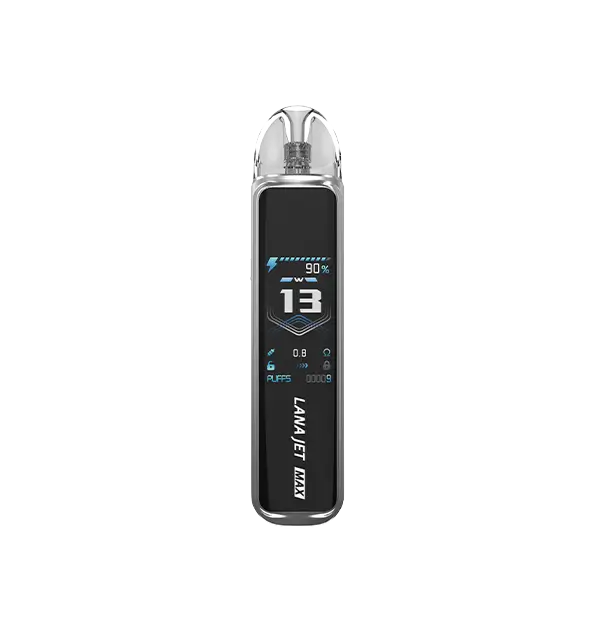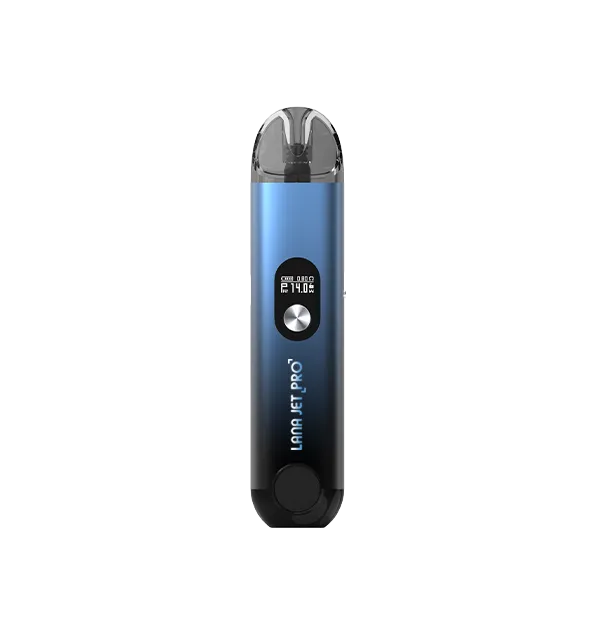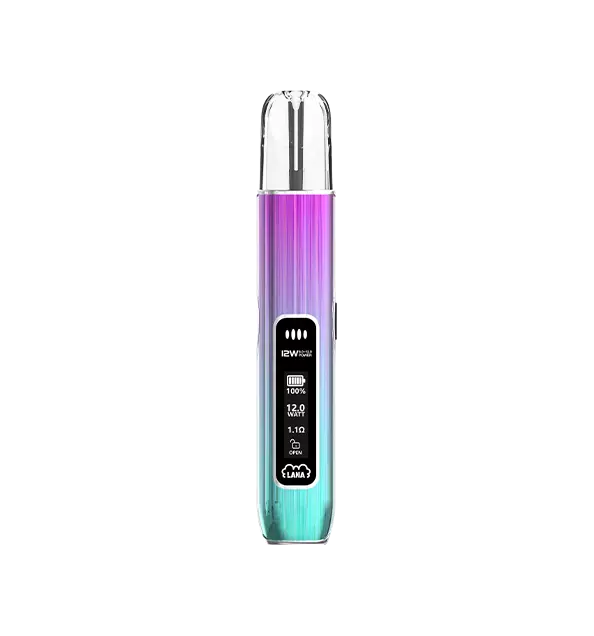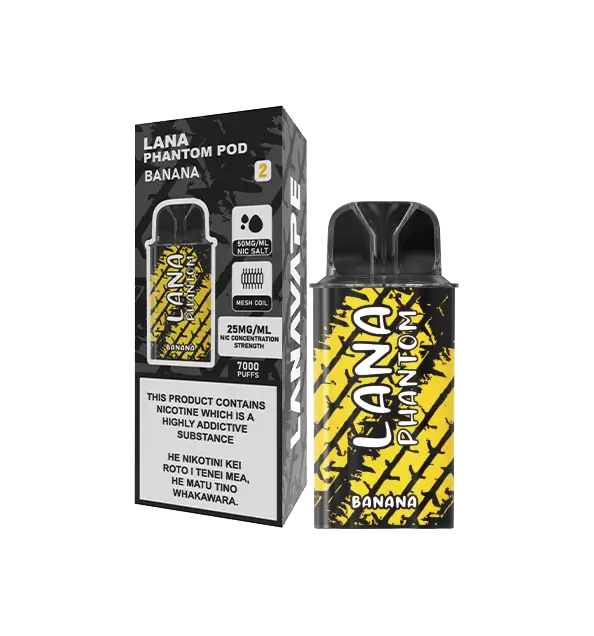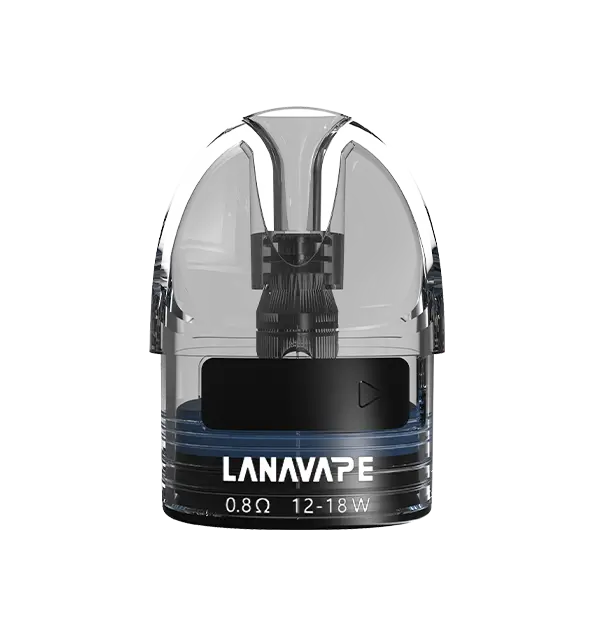
What Are the Side Effects of Vaping in lanavape
That being said, there are some side effects you may experience whilst vaping. Thankfully, the side effects associated with using a vape tend to be pretty benign, but it pays to keep informed about these things.
There is an abundance of different vapes, tanks, coils, and e-liquids on the market. With so many variables, different people may experience vastly different effects and side effects.
Here are some you should keep an eye out for.
Dry mouth
Dry mouth is probably the most common side effect of vaping. If you’ve ever experienced dry mouth when vaping, you’ve probably wondered what the cause was.
The answer can be found in two of the base ingredients of e-liquid; namely propylene glycol (PG) and vegetable glycerin (VG).
The reason that both PG and VG can cause dryness of the mouth is that they are hygroscopic, meaning that strongly attract and absorb water molecules.
The water-absorbing nature of PG and VG means that vape clouds absorb moisture from your mouth as you inhale into your lungs. Prolonged or repeated exposure to PG and VG, such as when using a sub-ohm device or chain vaping, can increase the chance of experiencing dry mouth.
What Are the Side Effects of Vaping? Here are 10 You Should Know About
Vaper’s tongue
Excessive vaping, especially if you are dehydrated, can lead to a phenomenon known as vaper’s tongue.
Vaper’s tongue describes the sudden and unexpected loss of ability to taste vape juice. If this has ever happened to you, there’s no reason to worry. Vaper’s tongue, while unpleasant,
isn’t harmful and tends to dissipate of its own accord.
The best way to reduce the likelihood of experiencing vaper’s tongue is to stay hydrated. Your taste buds are highly sensitive and function best when you produce enough saliva.
Smoking tobacco is known to powerfully reduce your capacity to taste different flavors. If you smoke as well as vape, ditching the tobacco once and for all is sure to improve the enjoyment of
anything you put in your mouth.
Throat / Upper respiratory irritation
An irritated, raw or painful throat could be the result of several potentialities. Nicotine is an irritant, as is propylene glycol, and some flavorings have been known to cause mild reactions in some people.
By and large, the consensus among vapers is that high-strength nicotine is the most common cause of a sore throat when vaping. This is doubly true in e-liquids that also have a high percentage of propylene glycol in addition to high nicotine.
Coughing
If you are just starting with vaping, you will likely cough a fair bit at first. The cough produced by vapes, especially when you first transition from combusted tobacco,
is more of a scratchy irritation than a deep, chesty affair.
The act of vaping, like smoking, requires a bit of getting used to. Vaping is made more complex by the fact that every tank will have a slightly different draw resistance,
every device a different fire-up time etc etc
Some devices are made for mouth-to-lung (MTL) vaping, others for direct-to-lung (DTL). DTL vaping is most like smoking a cigarette,
in which vapor is first pulled into the mouth before then being drawn into the lungs. In contrast, DTL vaping involves drawing vapor directly into the lungs and immediately exhaling it.
DTL vapes are normally used with 3mg or weaker e-liquids. Using juice that is stronger than 6mg will likely leave you a coughing, spluttering mess and is not advised.
Headaches
Headaches are one of the most commonly experienced side effects of quitting smoking, so if you are planning on quitting, or recently have, don’t be surprised if you experience some cranial discomfort.
Headaches can occur after smoking cessation even if you use a nicotine replacement product, such as an e-cigarette or nicotine patch.
This is because nicotine isn’t the only compound that you absorb when you smoke tobacco, and your body will take some time to adjust to the absence of said compounds.
Another common cause of headaches is dehydration, so always ensure that you are drinking enough water before you cast the blame for your head pain on your vaping device.
What Are the Side Effects of Vaping? Here are 10 You Should Know About
Lightheadedness
For all the benefits of vaping over smoking, (cost, health, smell etc), there is one feature of tobacco that you don’t get with vaping – An inbuilt cutoff.
With cigarettes and any other form of combustible tobacco, there is an inherent dosing at play – Once the tobacco is smoked, you wait until you feel the urge to smoke again. With vaping,
one tank can hold many days’ worth of e-juice, so vapers have to rely on intuition and feel to know when to stop.
As there is no inbuilt cutoff, it can be easy to overindulge in nicotine when you first start using a vaping device. Overdoing it on the vape can result in lightheadedness and even feelings of nausea.
Fortunately, most people learn how much top vape per session relatively quickly.
Another potential cause of lightheadedness while vaping can be from a hyperventilating. Taking multiple tokes from your device, or particularly deep tokes,
can increase the likelihood of experiencing some wooziness, so always leave adequate time between drags.
Change in weight
Nicotine has several profound effects on the human body. One of the most immediate effects of nicotine is on the appetite of the person imbibing it.
Nicotine works powerfully as an appetite suppressant, therefore, people just getting started vaping (who may tend to overindulge) might experience changes or a reduction in their feelings of hunger.
Lower hunger could lead to a person eating less food, and this can quickly translate into weightloss.
As with vape-related lightheadedness, appetite suppression as a result of nicotine use tends to subside fairly quickly. If you do notice prolonged appetite suppression or severe weight fluctuations,
consult your doctor.
Decreased energy
Nicotine is, in some ways, a rather strange drug. It is a mild stimulant, but in some circumstances, it can also have a calming effect.
If you start experiencing tiredness that you suspect is linked to your vaping habit, it could be the “comedown” from the stimulant effect of nicotine.
If you have ever drunk more coffee than you should have, you probably have firsthand experience of the ”caffeine crash”, in which once the stimulating effects wear off you feel sluggish,
lethargic, and slow.
Chest pain
All vapers who were previously smokers will be familiar with the lung and chest irritation that tobacco smoke can cause.
People who are new to vaping can expect a period of adjustment. During this time, your throat and lungs might be irritated, and this is a common cause of chest pain in vapers.
Other sources of chest pain include overly high nicotine strength, vaping at too high a temperature, and a specific flavoring called cinnamaldehyde.
If you are a seasoned vaper and start to experience chest pain, stop doing whatever it is that caused it! Experiment with changing your e-liquid, nicotine strength, wattage, and temperature.
Chest pain is a symptom of any number of serious health conditions and should be treated as such.
More Serious Side Effects
There have been a few cases of much more severe illness linked to vaping. In 2019, severe lung illness was reported in some people who had consumed bootleg cannabis vape products.
This incident was a harsh reminder of the dangers of buying vape products from unlicensed, unregulated vendors.
To date, there have been no cases of severe illness in vapers using products from legitimate vendors.
Conclusion
The majority of the side effects of vaping are a direct result of imbibing nicotine, but some are particular to vaping. The critical detail to keep in mind is the purpose of vaping –
It is a harm reduction device rather than a health tool. Still, the side effects of vaping or far less deleterious than the toxic effects of combusted tobacco.
We at vaping vibe are serious vaping enthusiasts, and pretty knowledgeable about all things vape related. However, we are not medical professionals,
and nothing written here should be taken as medical advice. The world of vaping devices is young, and there hasn’t been time to properly assess the long term health risks.
Always consult a licensed medical practitioner before starting vaping.

